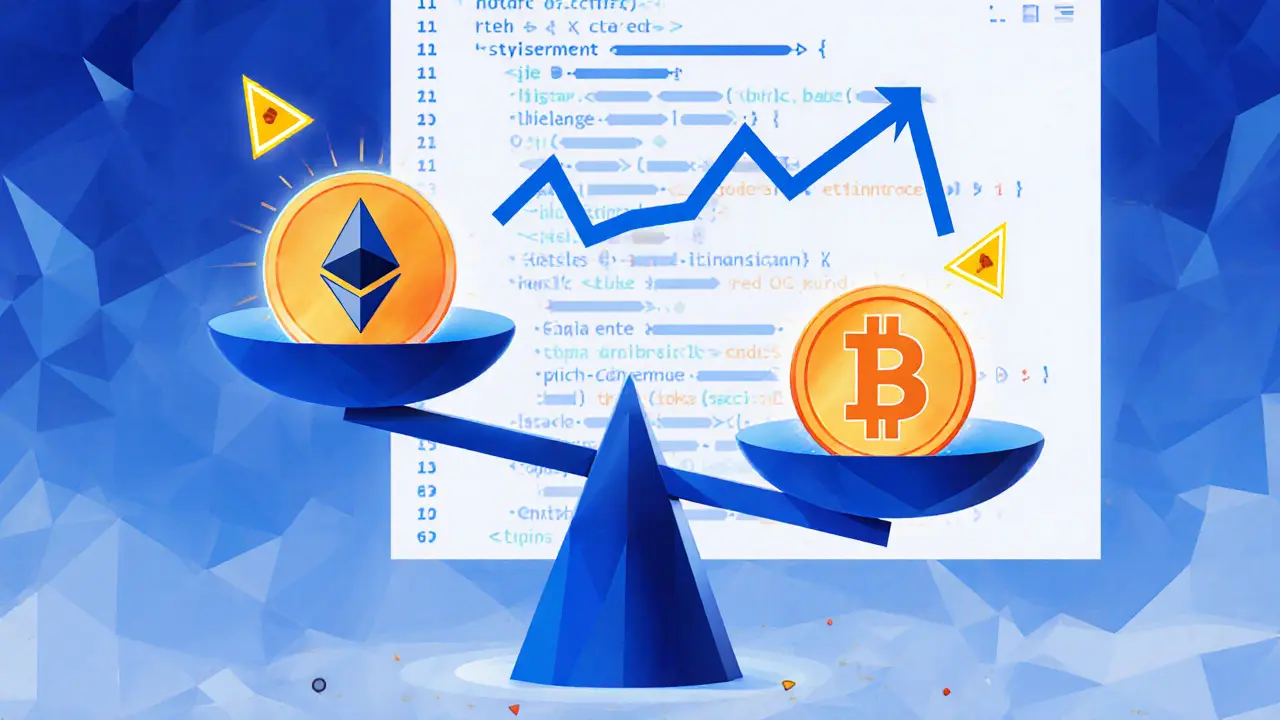DeFi risks: What you need to know before you stake, swap, or earn
When you use DeFi, decentralized finance systems that let you lend, borrow, or trade crypto without banks. Also known as decentralized finance, it lets you earn interest just by locking up your crypto—but it’s not safe by default. Unlike banks, there’s no FDIC insurance. No customer service line. No one to call when things go wrong.
Most smart contract bugs, coding errors in blockchain programs that handle your money. Also known as on-chain vulnerabilities, they’re the quiet killers of DeFi. One glitch in a liquidity pool can drain millions overnight. You’ve probably heard of the liquidity pools, crypto reserves that power trades on platforms like Uniswap. Also known as automated market makers, they’re the engine of DeFi—but they’re also the most common target for hackers. If a pool’s code is poorly written, or if someone exploits a loophole, your tokens vanish. No warning. No refund. Just silence.
And then there are the crypto scams, fake projects designed to trick you into sending your crypto. Also known as rug pulls, they’re everywhere. A new DeFi platform promises 100% APY? It’s probably a trap. You’ll see fake websites, cloned tokens, and influencers pushing shill coins with no code behind them. JPEX, XeggeX, and GoodExchange didn’t fail because of market crashes—they failed because they were never real. These aren’t edge cases. They’re the norm.
Even legitimate projects carry hidden risks. Staking your ETH on a new chain? What if the chain gets hacked? Providing liquidity on a low-volume pool? What if no one trades, and you lose money to impermanent loss? DeFi isn’t just about earning. It’s about understanding what you’re risking. You don’t need to be a coder to stay safe—you just need to ask the right questions before you click "Approve" or "Deposit."
Below, you’ll find real stories of what went wrong—how people lost everything on fake airdrops, broken exchanges, and shady DeFi protocols. No fluff. No hype. Just what actually happened, and how to avoid the same fate.
Understanding Liquidity Pool Risks in DeFi
Liquidity pools power DeFi trading but come with serious risks like impermanent loss, smart contract bugs, and rug pulls. Learn how to protect your funds before providing liquidity.
learn more